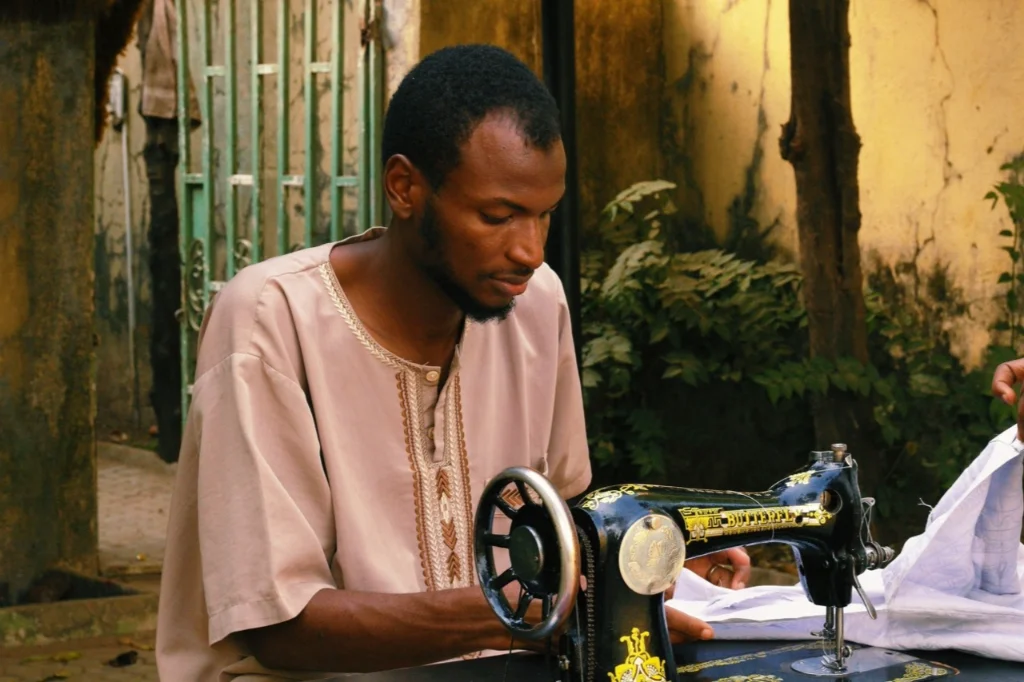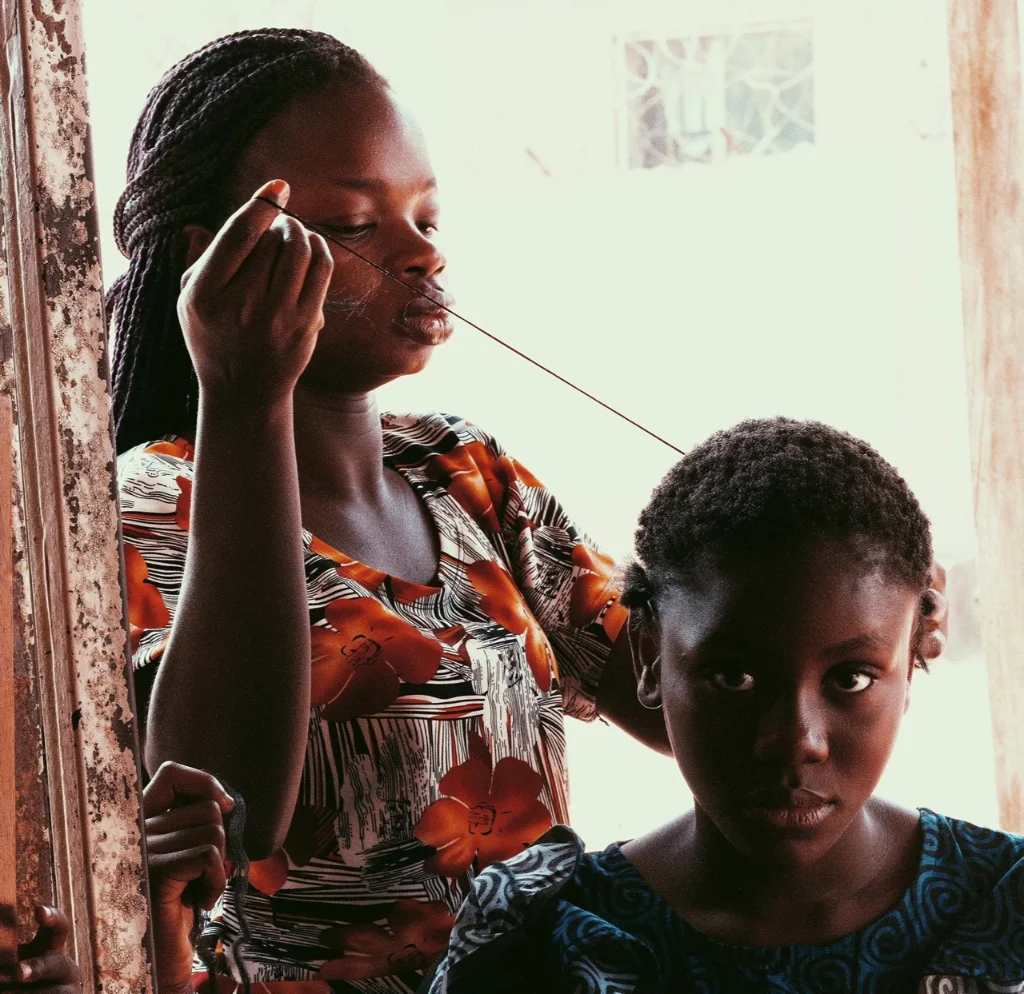The Issue
In Nigeria, where over 70% of the population is under the age of 30 (World Bank, 2023), the potential of the youth remains largely untapped. The country faces a crisis of youth unemployment, young people are graduating without the practical skills required for today’s labour market.
According to the National Bureau of Statistics (NBS), Nigeria’s unemployment rate as of 2023 stands at 4.1% under the new methodology, but underemployment and informal employment remain high, especially among youth aged 15–24 and 25–34. The World Bank (2023) emphasizes that more than 40% of Nigerian youth are unemployed or underemployed, and millions are stuck in low-income, informal sector jobs without the training to improve their prospects.
Despite this, Technical and Vocational Education and Training (TVET) remains undervalued, often perceived as inferior to academic pathways. This is in stark contrast to global evidence showing that robust TVET systems are critical to equipping young people with employable, entrepreneurial, and life skills.

Our Approach
At Olivehill Development Initiative, we believe that access to hands-on, practical, and market-relevant skills is a powerful tool to transform lives, reduce poverty, and foster independence. TVET Teens is a bold response to the skills and employment gap faced by youth in underserved Nigerian communities.
As part of our strategic focus on Technical and Vocational Education and Training (TVET), we have selected 10 teenagers from underserved communities. Under our empowerment program, we support them with the opportunity to gain hands-on skills in painting, carpentry, information technology, graphics design, baking, and hairdressing. These teenagers are now training in their interest areas instead of spending their days on the streets, while others combine learning and practical application after school and during holidays. Through this program, we are planting the seeds for a more inclusive, skilled, and self-reliant future.
